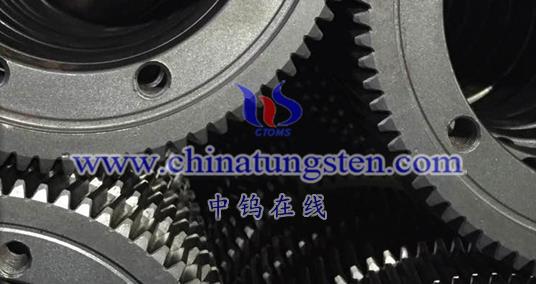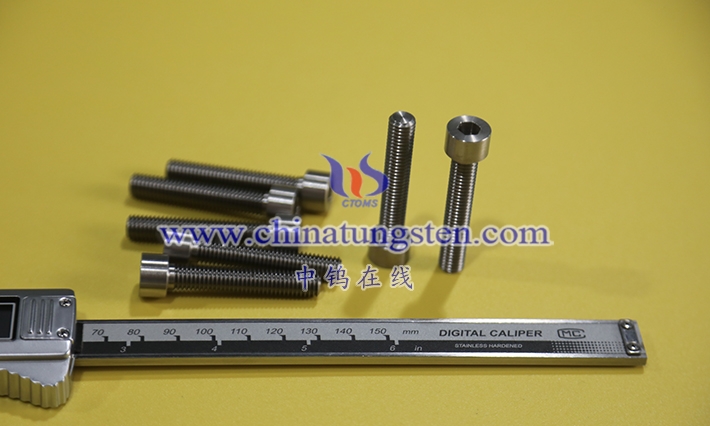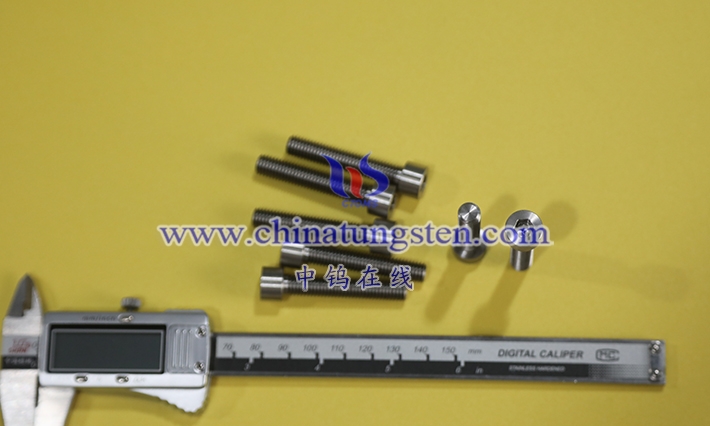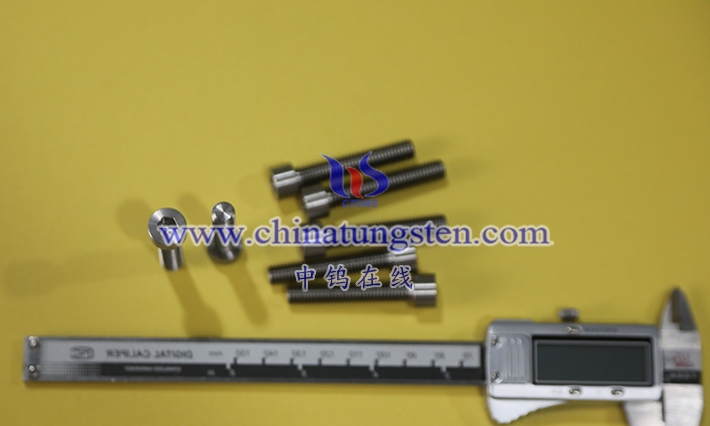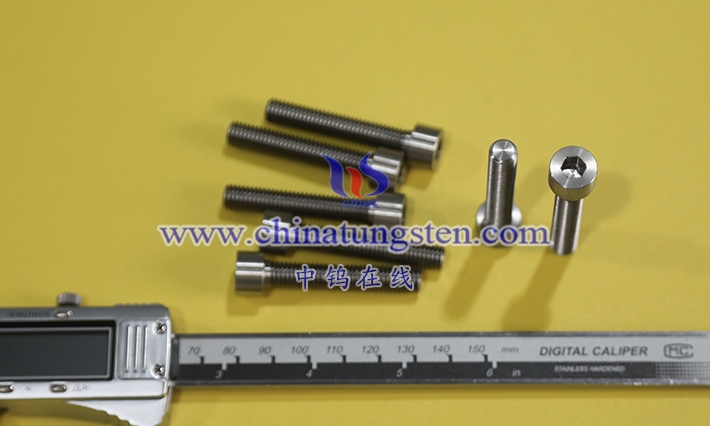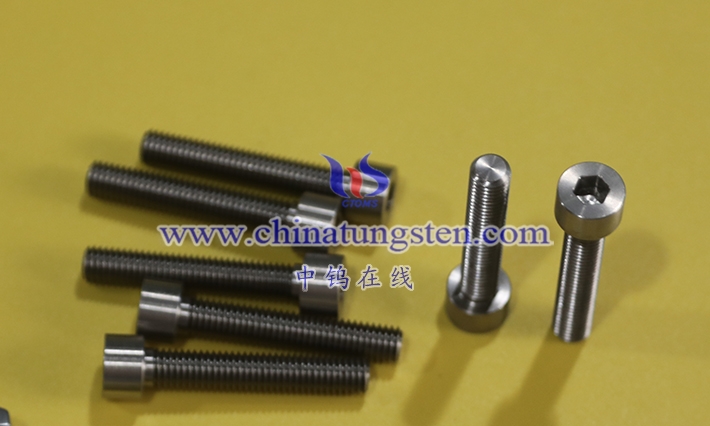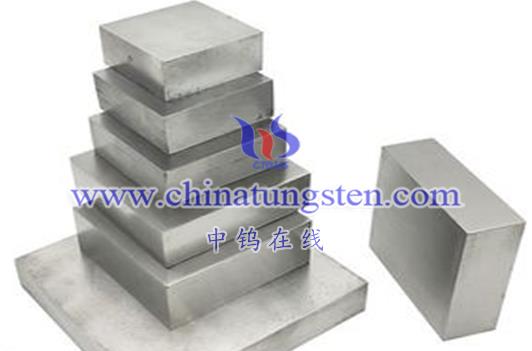
The performance of high-density alloys under high temperature and high pressure conditions mainly depends on factors such as their composition, microstructure and environmental conditions. Generally speaking, high-density alloys have better high-temperature strength, creep properties, and fatigue resistance, which makes them have better application potential under high-temperature and high-pressure conditions.
The mechanical properties of high-density alloys change under high-temperature and high-pressure conditions. Due to the increase in temperature and pressure, the atomic spacing of high-density alloys will change, causing changes in the crystal structure and mechanical properties. For example, some high-density alloys undergo lattice expansion and phase transformation under high-temperature conditions, which affects their strength and hardness. In addition, high-density alloys may also undergo phenomena such as creep and fatigue under high temperature and high pressure conditions, which will affect their mechanical properties.
The creep behavior of high-density alloys under high temperature and high pressure conditions is one of the important aspects to evaluate their performance. Creep refers to the deformation behavior of materials under constant stress over a long period of time. High-density alloys usually have better creep properties and can withstand long-term stress under high temperature and high pressure conditions. However, under some extreme conditions, high-density alloys may suffer from problems such as creep rupture, which will affect their application range and safety.
In addition, the fatigue performance of high-density alloys under high temperature and high pressure conditions is also one of the important aspects to evaluate their performance. Fatigue refers to the fracture phenomenon of materials under the action of alternating stress or alternating strain. High-density alloys generally have better fatigue resistance and can maintain better durability under cyclic loading. However, under some extreme conditions, high-density alloys may suffer from fatigue cracks and fractures, which will affect their application range and safety.
In summary, the performance of high-density alloys under high temperature and high pressure conditions is affected by various factors such as their composition, microstructure and environmental conditions. In order to better evaluate the performance of high-density alloys under high-temperature and high-pressure conditions, it is necessary to further study and explore the mechanisms and rules of the influence of factors such as alloy composition, microstructure, and environmental conditions on alloy properties.
More details of tungsten alloy product, please visit website: http://tungsten-alloy.com/
Please contact CHINATUNGSTEN for inquiry and order of tungsten carbide:
Email: sales@chinatungsten.com
Tel.: 86 592 5129595
